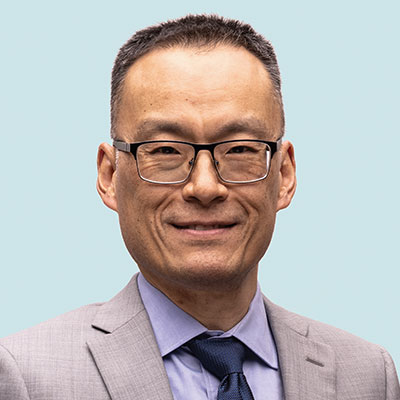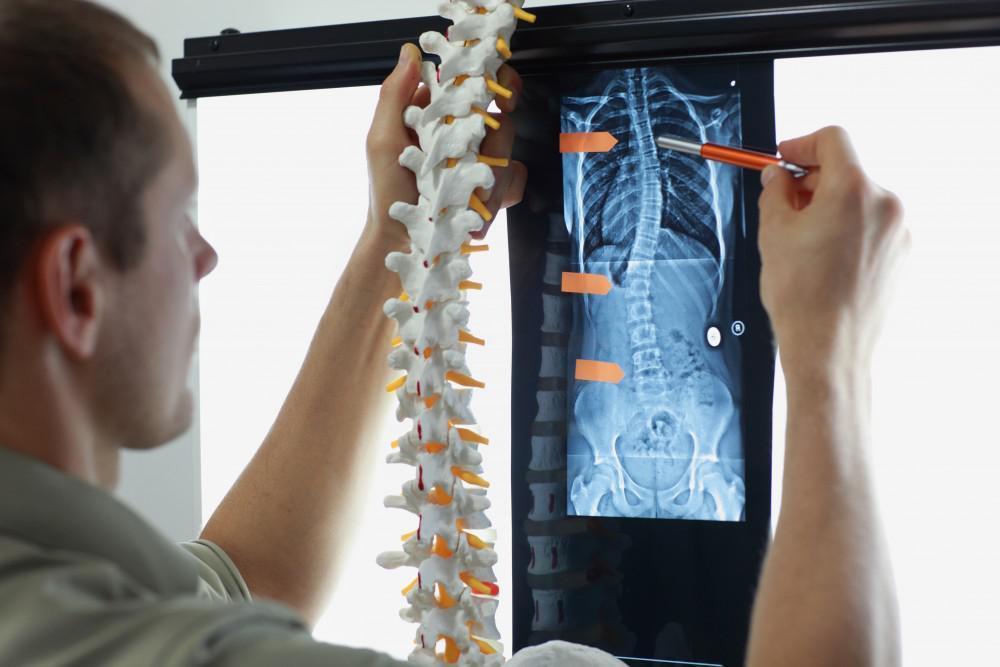David T. Chang, M.D., Ph.D., D.A.B.N.S.
Complex Spine Neurosurgeon located in Minnesota and Western Wisconsin
Age-related changes to your spine may cause an adult spine deformity that affects alignment and your posture. Complex spine neurosurgeon David Chang, MD-PhD, DABNS, specializes in diagnosing and treating adult spine deformity, performing complex spine surgeries when needed to correct the deformity. To schedule a consultation and discuss treatment options for your spine deformity, call Dr. Chang’s office or book online today.

Adult Spine Deformity Q&A
What is an adult spine deformity?

Degenerative scoliosis
Kyphosis
Lordosis
What are the symptoms of an adult spine deformity?
Symptoms of adult spine deformity depend on the type of abnormal curvature.
With scoliosis, you may experience pain or stiffness in your thoracic or lumbar spine. The sideways curvature may pinch a nerve and cause radiating pain.
Adults with kyphosis may not be able to stand up straight or lie flat. They may also quickly tire and have difficulty carrying on a conversation without feeling out of breath.
For lordosis, the spine deformity affects posture and may cause pain in other weight-bearing joints.
What happens during an adult spine deformity consultation?
Dr. Chang is a highly-skilled spine neurosurgeon who conducts a comprehensive exam when you come in with concerns about a spine deformity. He reviews your symptoms and medical and surgical history and examines your spine.
Dr. Chang orders imaging tests such as X-rays, CT scans, or MRIs to diagnose the type and severity of your spine deformity.
How is an adult spine deformity treated?
Treatment for an adult spine deformity depends on the severity of the deformity and symptoms. When possible, Dr. Chang takes a conservative approach recommending lifestyle changes to improve posture, bracing, physical therapy, and medication to manage symptoms.
If your deformity is severe and affecting your quality of life, Dr. Chang may recommend spine surgery. The type of surgery he performs depends on deformity type and location. Options include spinal fusion, spinal decompression, and spinal reconstruction.
Dr. Chang performs vertebroplasty or kyphoplasty for compression fractures with kyphosis, which are minimally invasive procedures to restore vertebral strength and height. He specializes in complex spine procedures and utilizes the most effective tools and techniques for the best possible outcomes.
An adult spine deformity may affect how you live your life. To discuss treatment options, call the office of David Chang, MD-PhD, DABNS, or book an appointment online today.